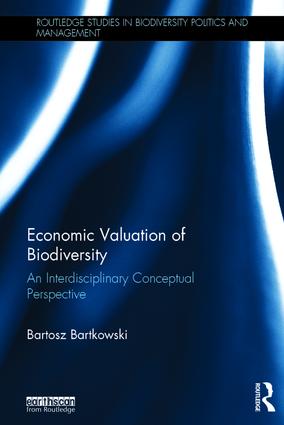Economic Valuation of Biodiversity – Hardback Low Shipping Cheap Pice
$155.38 Original price was: $155.38.$52.00Current price is: $52.00.
While bionaversity loss is an ecological phenomenon, it also has further dimensions – political, social and, last but not least, economic. From the economic perspective, the rapid loss of biological naversity can be viewed in two ways. First, the consequence of this deterioration process is a loss of options and an increase in scarcity of the environmental ‘good’, bionaversity. Second, economic activity and the structure of global and local economic institutions have frequently been identified as the major drivers of bionaversity loss. In economic terms, this constitutes a market failure – market-based economic activities lead to processes which undermine the long-term stability of these very activities.
This book provides an ecological economic perspective on the value of naversity in ecosystems. Combining insights from various sub-disciplines of ecology and environmental/ecological economics, the author constructs a conceptual framework which identifies the ways in which bionaversity influences human well-being and offers a novel, unifying perspective on the economic value of bionaversity.
This framework demonstrates that bionaversity’s economic value mainly results from uncertainty about the future, regarding both supply of and demand for ecosystem services, and interconnections between ecosystems. The book goes on to identify suitable methods for economic valuation of bionaversity and discusses the currently underdeveloped and underused approach of deliberative monetary valuation.
Combining a strong theoretical framework with practical examples, this book will be of great interest to students and researchers of ecological economics, ecosystem services, environmental values and environmental and resource economics.
Related products
Office & School Supplies
Bloc de Notas ENRI Rojo 1/8 80 Hojas 4 mm (10 Unidades) Sale Wide Range Of
Office & School Supplies
1951 Press Photo PORTUGUESE PRESIDENT LOPES 1951 Cheap Sale Footaction
Office & School Supplies
Libreta imitación piel negro – gris con cierre Visit Sale Online
Office & School Supplies







